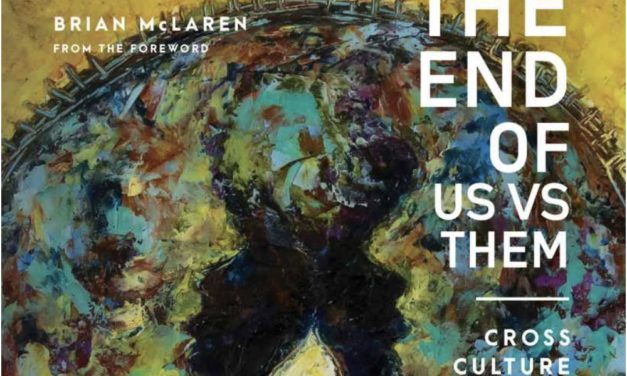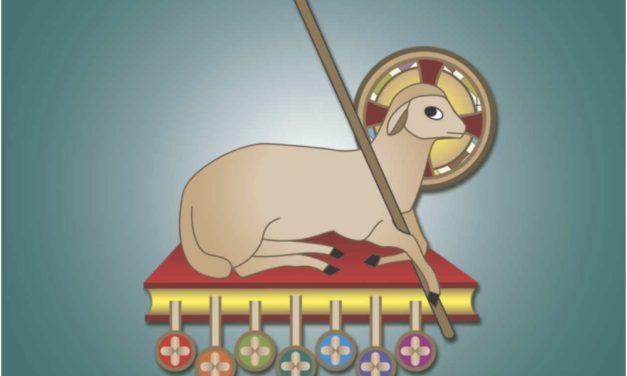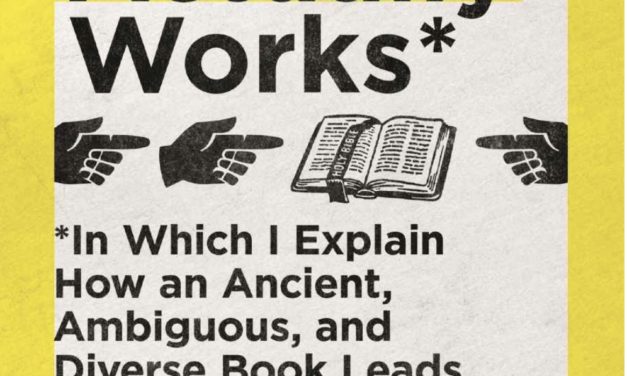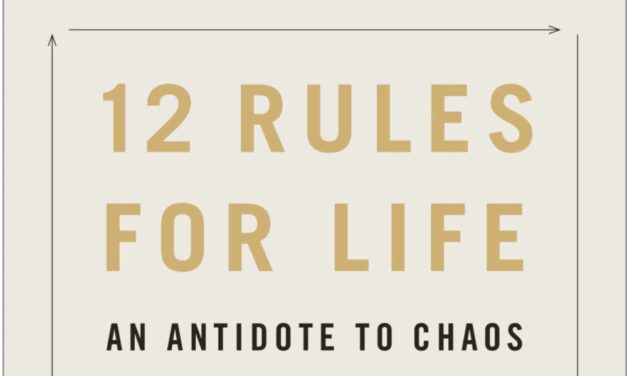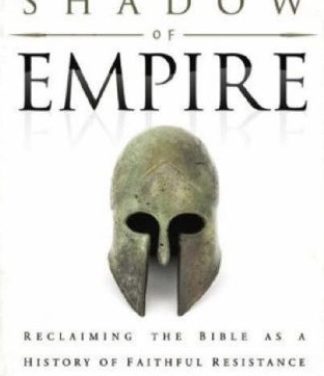Life at the End of Us vs Them: Cross Culture Stories
Our present moment can no longer sustain a stable “us” defined against an alien “them.” So say René Girard and Ivan Illich, radical critics of both Christianity and culture. If they are right, this makes our time an endtime. The end of us against them can deteriorate into the chaos of each against each, or it can open outward into freely chosen communion. It is an expectant—and apocalyptic—time. How does one live in this strange, endtime world? As a wanderer in the odd, cross-culture country Girard and Illich have mapped, the author finds himself in a surprising new place in relation to those who are his other: women, queer folk, refugees, Muslims, atheists, and Indigenous people. In this collection of essays, he blinks, looks around, and makes some field notes.
Read More
